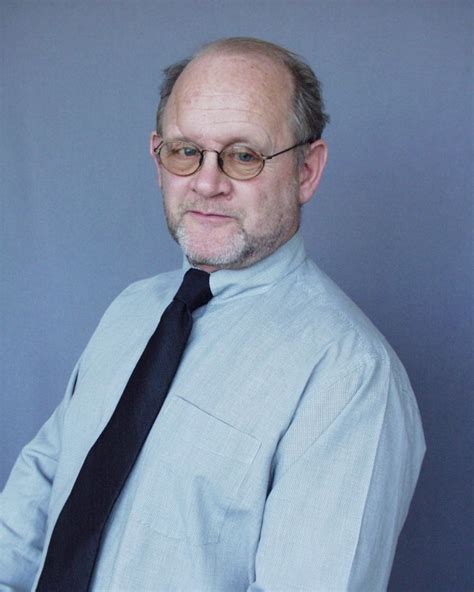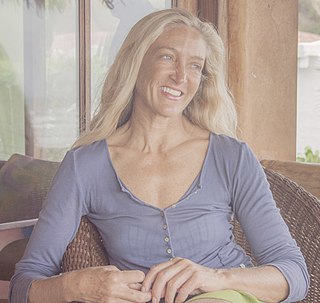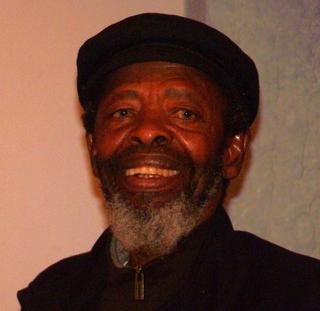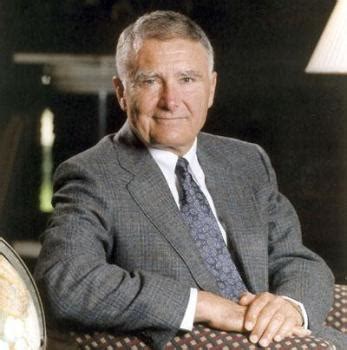A Quote by Ronald Steel
With a novelist's sense of drama and a historian's understanding of the social forces that shape our lives, Tom Gjelten has captured vividly -- through the chronicle of a powerful family's fortunes -- one of the great political dramas of our time.
Related Quotes
All of the insights that we might ever need have already been captured by others in books. The important question is this: In the last ninety days, with this treasure of information that could change our lives, our fortunes, our relationships, our health, our children and our careers for the better, how many books have we read?
I think the Bhagavad Gita is about both the forces of light and the forces of darkness that exist within our own self, within our own soul; that our deepest nature is one of ambiguity. We have evolutionary forces there - forces of creativity, and love, and compassion, and understanding. But we also have darkness inside us - the diabolical forces of separation, fear and delusion. And in most of our lives, there is a battle going on within ourselves.
Peace is not just the absence of war, it is the active presence of a capacity for love and compassion, and reciprocity. It is an awareness that our lives are not to be lived simply for ourselves through expressing our individuality, but we confirm the purpose of our lives through the work of expressing our shared sense of community in a purposeful and practical way; to sustain our own lives we sustain the lives of others - in family, in a community of neighborhoods called a city, and in a community of nations called the world.
Habits are powerful, but delicate. They can emerge outside our consciousness, or can be deliberately designed. They often occur without our permission, but can be reshaped by fiddling with their parts. They shape our lives far more than we realize—they are so strong, in fact, that they cause our brains to cling to them at the exclusion of all else, including common sense.
A great purposelessness has descended upon modern civilizations. People at large have lost any sense of the meaning and purpose of life; and without an understanding of our own purpose, there can be no true commitment. Whether that commitment is to marriage, family, study, work, God, relationships, or the simple resolutions of our lives, it will be almost impossible to fulfill without a clear and practical understanding of our purpose. Commitment and purpose go hand in hand.
Cultural legacies are powerful forces. They have deep roots and long lives. They persist, generation after generation, virtually intact, even as the economic and social and demographic conditions that spawned them have vanished, and they play such a role in directing attitudes and behavior that we cannot make sense of our world without them.
Scientific knowledge is, by its nature, provisional. This is due to the fact that as time goes on, with the invention of better instruments, more data and better data hone our understanding further. Social, cultural, economic, and political context are relevant to our understanding of how science works.
There is no institution more vital to our Nation's survival than the American family. Here the seeds of personal character are planted, the roots of public virtue first nourished. Through love and instruction, discipline, guidance and example, we learn from our mothers and fathers the values that will shape our private lives and our public citizenship.
It is so important to remember that, as we travel through life, there will be so many events which we can`t control. These are things that seemingly alter our lives forever or become barriers for living a life of fulfillment. It`s important to remember that the ultimate experience of life is not to be controlled by events. We all have difficult events in our lives - the loss of family members, economics, stress, litigation, government interference in our businesses, health challenges. Remember that it is not the events that shape our lives, but, rather, the meaning we attach to them.






































